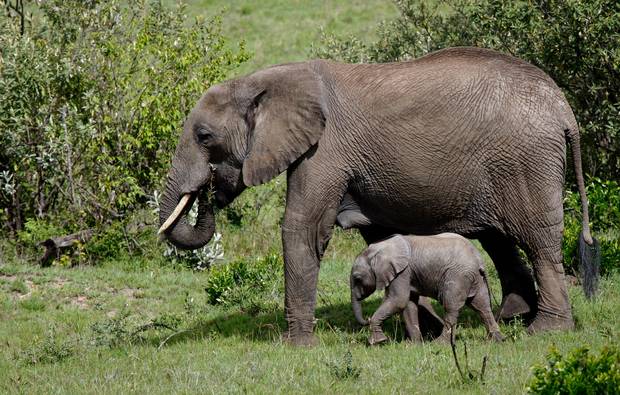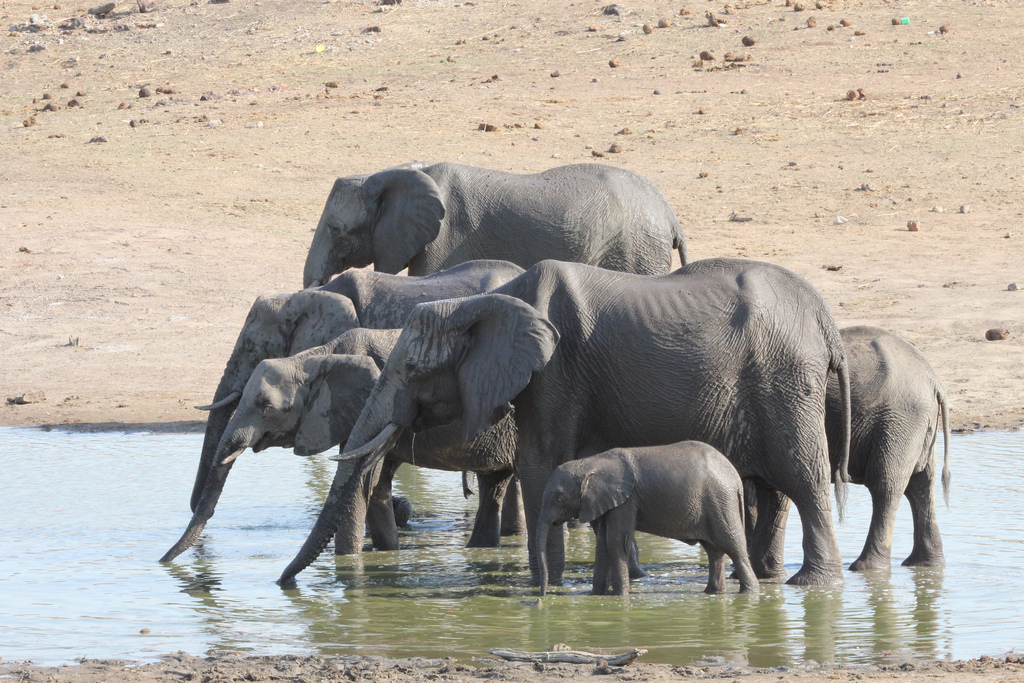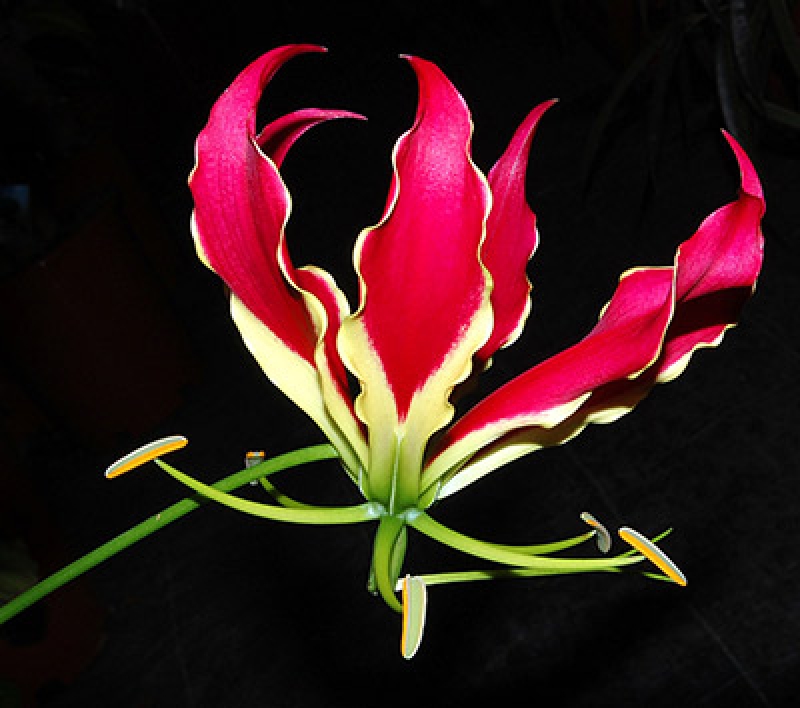Zimbabwe Minister Defends export of baby elephants
Zimbabwe Minister Defends export of baby elephants
The acting Environment Minister, Walter Mzembi has stated that Zimbabwe will not be deterred from exporting 62 baby elephants to China, France and the United Arab Emirates. The Minister said that Zimbabwe has in excess of 80 000 elephants but only has the capacity for 42 000.
The Zimbabwe Conservation Task Force does not believe this figure is accurate because a proper count hasn’t been done since 1997 so no one knows exactly how many elephants there are. A count was done in Hwange National Park late last year which resulted in a figure of 22 000 elephants however, the elephants do not live there all year round. Hwange has the highest concentration in the country.

Mr Mzembi stated that the reason for the worldwide outcry about the exportation is political and that the people who are objecting don’t want Zimbabwe to make any money. Really? I think it is fair to say the rest of the rest doesn’t give a toss about Zimbabwe and is certainly not bothered if they make money. However, there is meek objection to Government officials making vast fortunes by raping and pillaging whats left of the country.
The Zimbabwe Government recently received a letter from 31 tourist agents in America who stated that if the exportation goes ahead, they will not be bringing any tourists to Zimbabwe.

In a new survey released last month, it showed that the elephant population has decreased by more than 40% in the Zambezi Valley, Matusadona and Chizarira areas. The survey is a partnership between the Great Elephant Census, a Mr Paul Gardner Allen Project and the Parks and Wildlife Authority.
A full professional count needs to be done. Every year in the hot season, elephants come into Zimbabwe from Botswana and Zambia to look for water in Hwange National Park. Therefore, all the elephants in the park are not Zimbabwean elephants and do not live there all year round. However, it appears that the counts are always done in the hot season.
The Zimbabwe Conservation Task Force pointed out that the count should be done in winter and simultaneous counts should be done in the surrounding countries of Botswana, Zambia, Mozambique and Namibia. We would then get a much clearer indication of the true elephant population in the whole region.
Naturally Elephants and other wildlife do not respect western borders and go through passport control etc.
From reports, a total of 27 baby elephants would be sent to China, while 15 would be sent to the UAE and a further 20 would be taken to France, with each buyer paying a £26,000 for each animal.
Speaking to the press and all other ignorant and stupid people, Mzembi said: “Our habitat is not designed to carry too many elephants that are in its environment. We have an over-population of elephants.”
The Zimbabwe government announced in December 2014 that due to an ever expanding population of elephants, (despite no official count since 1997) it would begin a programme of exportation of elephants from Hwange National Park to try and control the numbers of elephants.
There has be no mention of what would happen to the money form the sale of all the elephants and other wildlife to foreign buyers?

Both the government and Zimbabwean Parks and Wildlife authorities said that the step had to be made to ensure the country’s elephant population does not grow any bigger citing that the elephants where consuming and destroying the environment and food sources for other species.
The truth of the situation is that the exportation has involved young animals being violently taken away from their mothers and then exported in tough conditions to unfamiliar surroundings.
In a statement on Peta’s website they said: “These innocent and terrified babies have been traumatically stolen from their families and their natural habitat, only to be sold to the highest bidder and sentenced to a life of abuse and captivity.”
Going back to 2012, 4 baby elephants died after being shipped to China from Zimbabwe, which prompted the US and European Union to sign a petition against the exportation of baby elephants from Zimbabwe.
As with any petitions and statements, this has been ignored by the Zimbabwe Government who has argued that they are currently suffering from a conservation funding crisis and that the funds appropriated from the sale of the elephants would be used to help with conservation efforts. There is no proof the funds have gone in this direction?
Speaking on 6 January, Water and Climate Committee chairperson, Anastacia Ndlovu, , said: “The selling off of live elephants will enable the wildlife authority to raise enough funds to protect the jumbos and other wildlife.”
More Info:
Previous post on China stealing baby elephants
Johnny Rodrigues
Chairman for Zimbabwe Conservation Task Force
Email: galorand@mweb.co.zw
Facebook: http://www.facebook.com/pages/ZCTF-Zimbabwe-Conservation-Task-Force/246013052094585
Website: www.zctfofficialsite.org
The Zimbabwe Conservation Task Force relies soley on public donations. Your donation can help to preserve the wildlife in Zimbabwe. If you would like to assist, please contact us.
